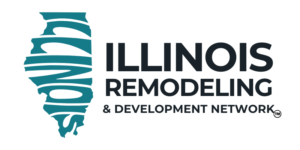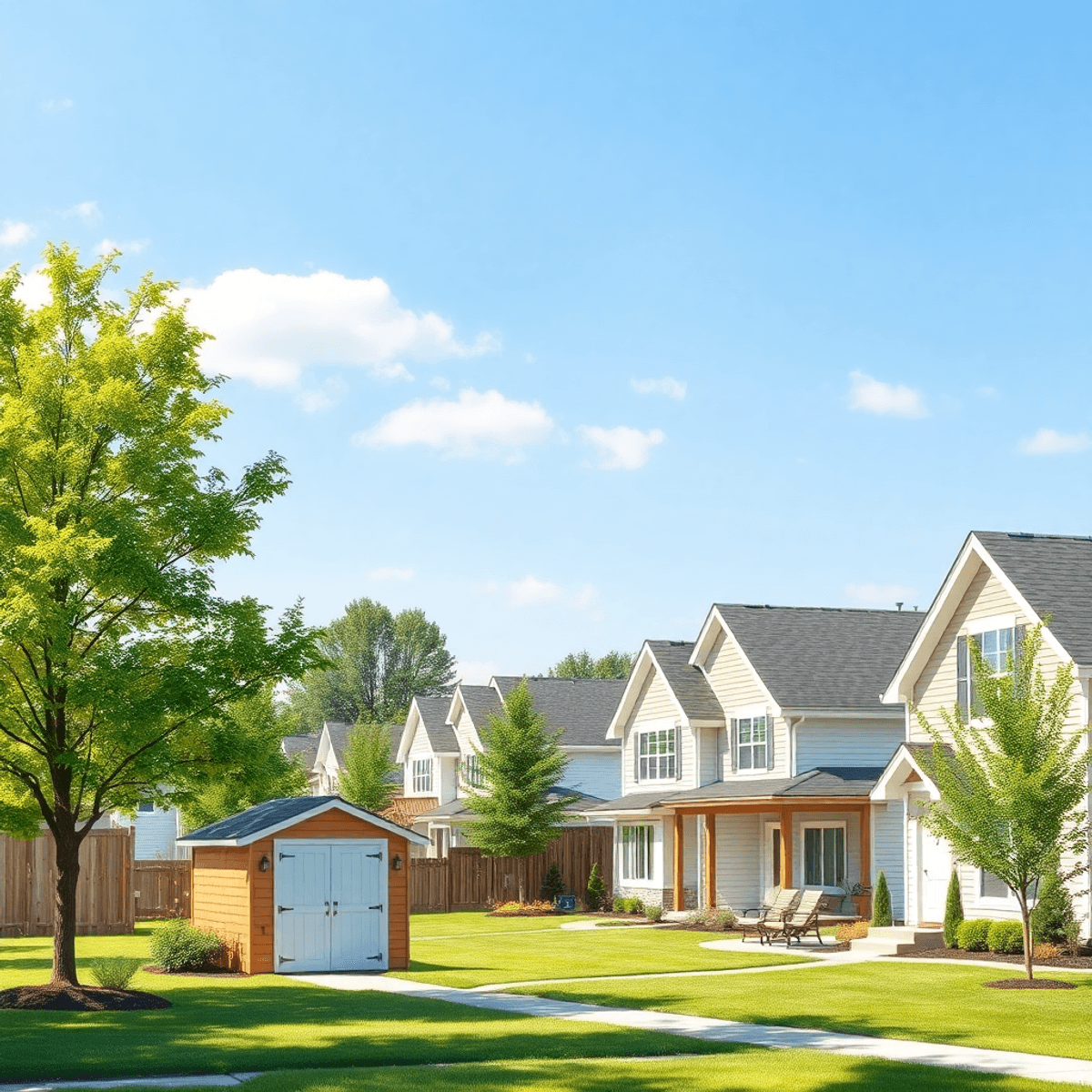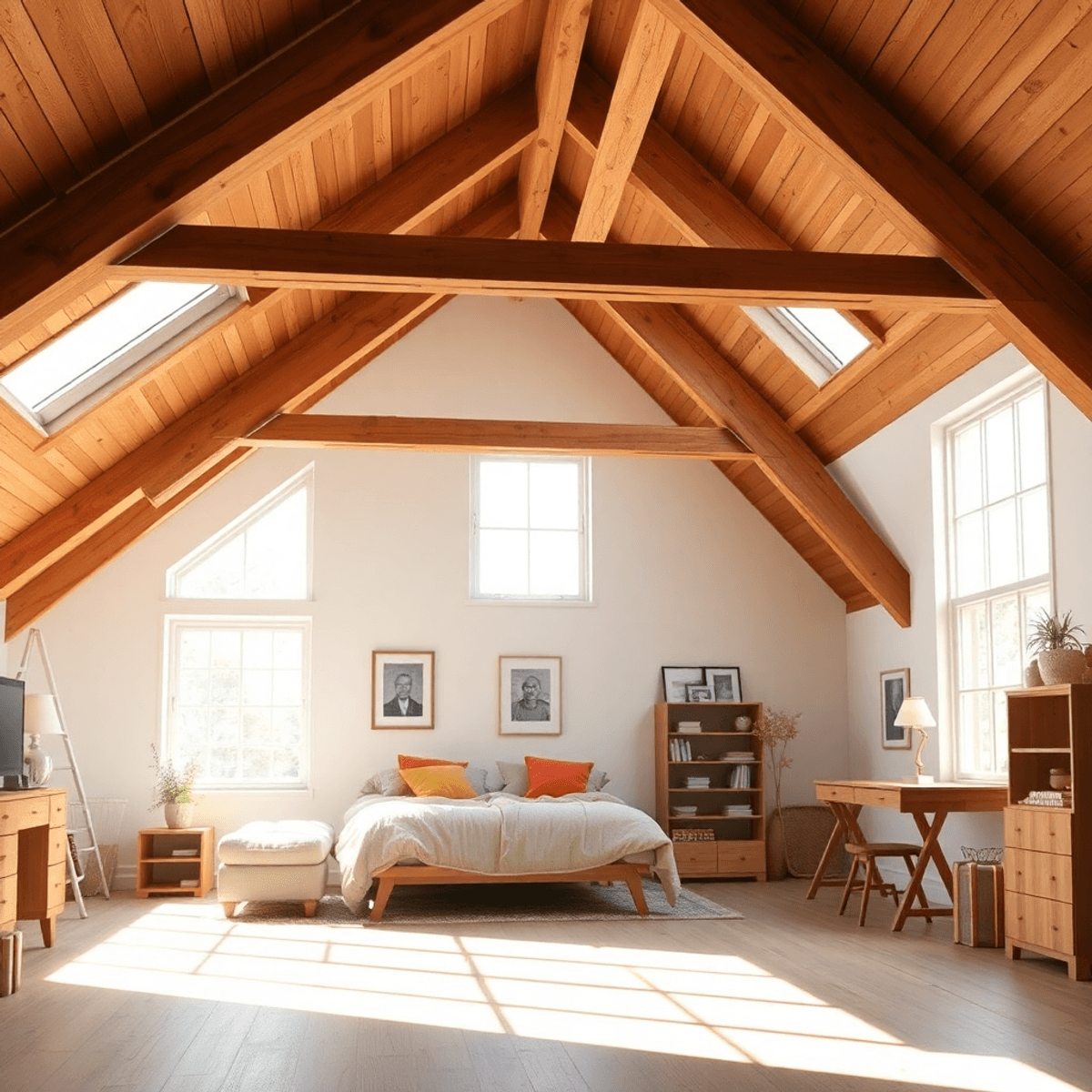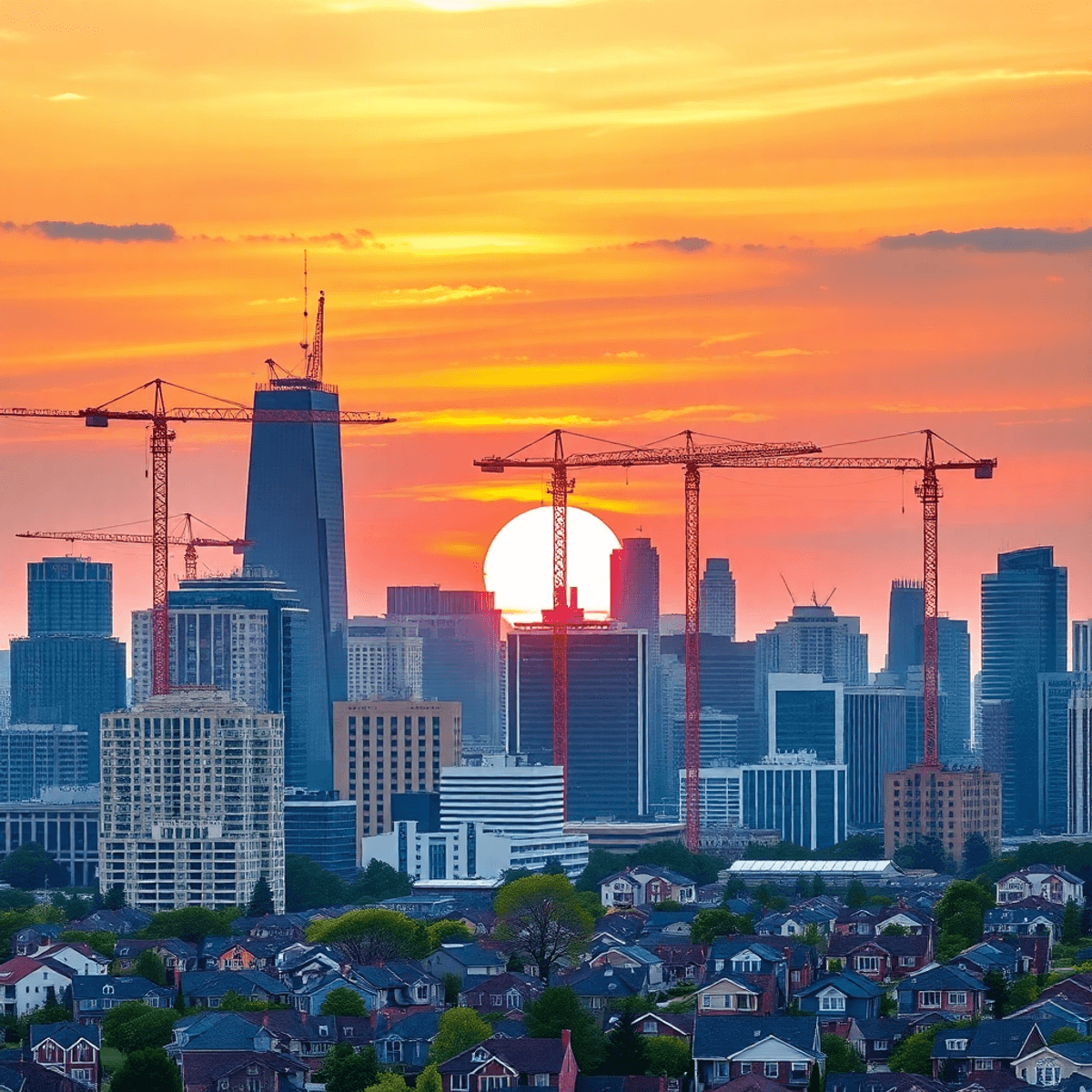Introduction
If you’re planning to make improvements to your home in Illinois, it’s essential to understand permits and codes. These regulations are in place to ensure that all construction work meets local safety standards, protecting both you and the community. Ignoring these rules can result in expensive fines, delays in your project, or even the need to undo work that’s already been done.
This guide will help you navigate through the world of permits and codes in Illinois. Here’s what you’ll learn:
- The basic requirements for permits in Illinois
- How local codes and regulations differ from one municipality to another
- A detailed walkthrough of the permit application process
- Tips to improve your chances of getting your permit approved
- An explanation of permit fees and how to pay them
- The importance of inspections after you’ve received your permit
- A look at specialized permits and programs that may be available
By the time you finish reading this article, you’ll have a solid understanding of Illinois regulations regarding home improvement projects.
General Requirements for Permits in Illinois
Understanding the need for building permits is crucial for anyone planning construction projects or remodeling in Illinois. Various types of projects demand permits to ensure safety and adherence to local regulations.
Types of Projects Requiring Permits
In Illinois, permits are typically required for:
- New buildings
- Additions to existing structures
- Remodeling that changes structural elements or occupancy use
- Decks, patios, and porches
- Fences over a certain height
- Pools (both in-ground and above-ground)
- Utility installations such as water softeners, air conditioners, and lawn sprinkler systems
Common Home Improvement Activities
Activities such as constructing new buildings, adding rooms or extensions, and building decks usually necessitate obtaining a permit. Even seemingly minor improvements like installing antennas or driveways can require approval depending on the local jurisdiction.
Importance of Compliance with Local Regulations
Adhering to local regulations is vital. Non-compliance can lead to fines, enforced removal of non-permitted structures, and potential legal actions. Each municipality may have specific codes that differ significantly; thus, understanding these requirements before commencing any project is essential. Proper compliance ensures that your home improvement activities are safe, legal, and protected against liabilities.
For residents contemplating home improvements in Illinois, ensuring you meet the general requirements for permits is a critical first step towards successful project completion.
Understanding Local Codes and Regulations
In Illinois, the variability of building codes is a significant factor that homeowners must consider when planning home improvements. Each municipality has its own set of regulations, which can lead to considerable differences in requirements from one area to another.
For instance, in Naperville, specific codes determine whether a permit is necessary for roofing and siding projects. While typical repairs might not require a permit, using certain materials like brick or stone veneer necessitates one. This example highlights the critical need for homeowners to thoroughly understand their local municipality’s regulations before embarking on any project.
Researching local codes is crucial not only for compliance but also for avoiding potential fines or delays. Homeowners can typically find detailed information about building codes on their city’s official website or by contacting the local building department directly. For instance, if you’re considering fixing your porch, it’s essential to know whether it requires a building permit. This proactive approach ensures that all improvements are aligned with local laws and safety standards, preventing costly mistakes and ensuring smooth progress throughout the project’s lifecycle.
The Permit Application Process: A Step-by-Step Guide
Navigating the permit application process in Illinois is crucial for ensuring compliant home improvements. Understanding how to apply for a permit efficiently can save time and prevent potential setbacks.
How to Apply for a Permit in Illinois
- Determine Necessity: Identify whether your project requires a permit by consulting local municipal guidelines.
- Gather Required Documentation: Prepare detailed plans and specifications of the proposed work, highlighting primary features if multiple aspects are involved.
- Access Online Portals: Most Illinois municipalities offer online portals for submitting applications, streamlining the process significantly.
- Submit Application: Fill out the application form with precision, ensuring all necessary details are included to avoid delays.
Importance of Detail in Applications
Detailed applications are critical. Clearly identifying primary features can expedite review processes as it provides clarity and focus on significant project elements. This attention to detail reduces the likelihood of requests for additional information, facilitating a smoother approval process.
Typical Review Times
Review times vary depending on project complexity:
- Simple Projects: May be reviewed within a week, especially if all documentation is complete and accurate.
- Complex Projects: Could take several weeks, requiring thorough examination by municipal officers.
Being prepared and proactive in understanding this process ensures that your home improvement project progresses without unnecessary interruptions or complications.
Tips for a Successful Permit Application
Navigating the permit application process in Illinois can be streamlined with some strategic approaches. Here are vital application tips to ensure smooth approvals:
Do Your Research
Before starting your application, make sure you have a thorough understanding of both state and local codes that apply to your project. This will help you avoid any issues with compliance down the line.
Gather All Necessary Documents
Make sure you have all the required documents ready and complete. If any documents are missing or incomplete, it could lead to delays in the approval process. Include detailed descriptions and clear plans that explain every part of the work you want to do.
Be Clear and Specific
When filling out your application, make sure everything is clear and specific. Use labels to clearly indicate the main features of your project, especially if there are multiple elements involved.
Get Professional Help if Needed
If you’re unsure about any aspect of the permit process, consider reaching out to professionals such as architects or contractors who have experience with local permits. Their knowledge can help you avoid common mistakes.
Avoid these common mistakes:
- Double-check your information: Go over all the details in your application to make sure they’re correct. Any errors or inconsistencies could cause delays.
- Pay attention to local requirements: Each city or town may have its own specific rules; make sure you’re following these guidelines closely to avoid complications.
By following these steps, you’ll increase your chances of getting quick approvals and making the permitting phase go smoothly.
Understanding Permit Fees and Payment Methods
When planning home improvements in Illinois, understanding permit fees is crucial. These fees play a significant role in the overall cost of your project and can vary widely depending on the type and scope of work.
1. Fee Structures
Different types of permits carry distinct fee structures. For instance, a simple deck addition may incur a lower fee than a full-scale home renovation. Fees are often calculated based on factors such as project size, complexity, and estimated construction costs.
2. Assessment Process
During the application process, fees are determined by local building departments. The specifics are typically outlined in municipal guidelines, which detail how various elements like square footage or project value influence the total costs.
3. Payment Options
Most municipalities offer convenient payment methods. Homeowners can usually pay permit fees online using credit cards or electronic checks, streamlining the process and reducing the need for physical visits to government offices.
Understanding these aspects ensures that financial surprises do not disrupt your home improvement plans.
Inspections After Getting Your Permit: What You Should Know
After you’ve received your permit, inspections are a crucial part of making sure your home improvement project follows the approved plans and local building codes. These inspections are like check-ups, confirming that the construction meets safety standards and city regulations.
Scheduling Inspections
Notice Period
To schedule an inspection, it’s important to give advance notice, usually at least 72 hours. This allows the relevant authorities to plan their time and resources effectively.
How to Schedule
Most towns and cities in Illinois offer online scheduling through their official websites or you can directly contact the local building department. It’s a good idea to double-check how scheduling is done in your area.
Why Compliance Checks Matter
Regular inspections make sure that any changes from the original plans are quickly fixed, stopping potential problems that could come from not following the rules. They also help identify any changes that need to be made early on, keeping the project moving smoothly and avoiding expensive redo work.
Being informed and following the inspection requirements is really important when dealing with permits and codes in Illinois. This will help ensure that your home improvement project goes well and stays within the rules.
Specialized Permits and Programs: Demolition, Self-Certification, and More
When starting specific home improvement projects in Illinois, it’s important to understand the need for specialized permits. These permits are necessary for certain types of construction activities that go beyond regular home renovations.
Types of Specialized Permits
Here are some common types of specialized permits you may encounter:
- Demolition Permits: Any project involving the demolition of structures—whether partial or complete—necessitates a demolition permit. This ensures that safety protocols are followed and environmental concerns are addressed.
- Signage Permits: For homeowners considering adding signage to their property, a signage permit is required. This ensures the sign complies with local zoning laws and aesthetic guidelines.
Special Programs Offered by Cities
Some municipalities in Illinois provide unique programs to streamline the permitting process:
- Self-Certification Program: Certain cities offer a self-certification program, which allows registered architects or engineers to certify that plans comply with building codes. This program can significantly reduce review times by upholding professional accountability.
Understanding these specialized permits and programs is crucial for homeowners looking to pursue unconventional projects. Engaging with local authorities early in the planning process can provide clarity on requirements and ensure compliance with all necessary regulations.
Additional Resources for Homeowners Navigating Permits and Codes in Illinois
Accessing reliable municipal resources is essential for understanding permit requirements and processes in Illinois. Municipal websites are a primary source of information, often providing detailed guides on compliant home improvements. Here are some key resources to explore:
- Local Government Websites: Most municipalities offer dedicated sections on their websites with information about building codes, required permits, and application procedures. These sections usually include downloadable forms and contact details for further assistance.
- Online Portals: Many cities provide online portals for permit applications, status tracking, and fee payments. These portals simplify the process by offering step-by-step guidance.
- Community Workshops and Seminars: Some towns host informational sessions or workshops for homeowners planning renovations. These events are excellent opportunities to learn directly from code officials and industry experts.
Utilizing these resources ensures a thorough understanding of local regulations, aiding in a smoother home improvement process.
